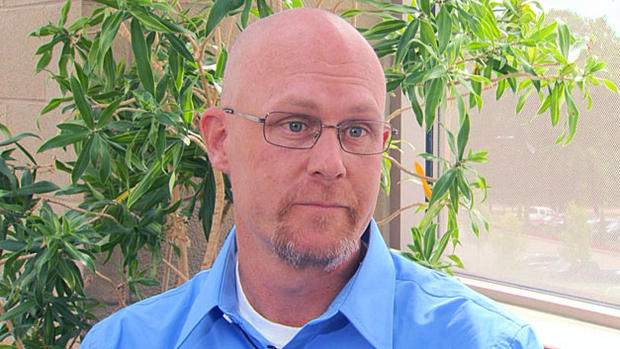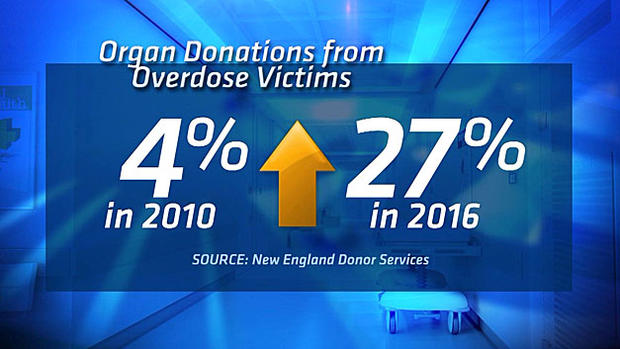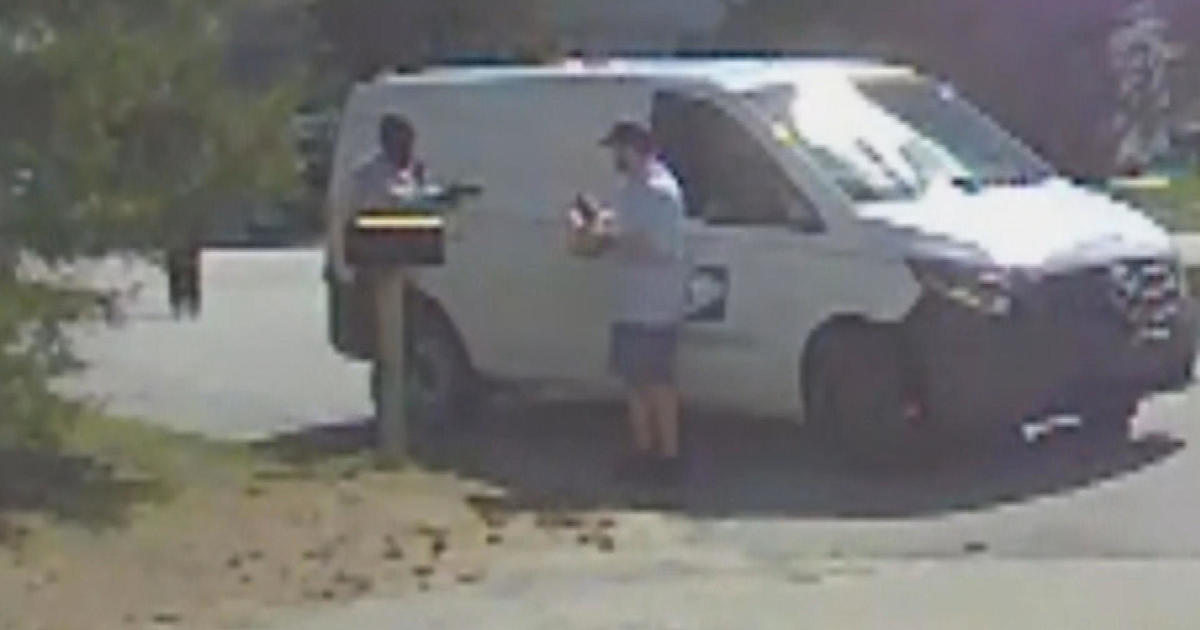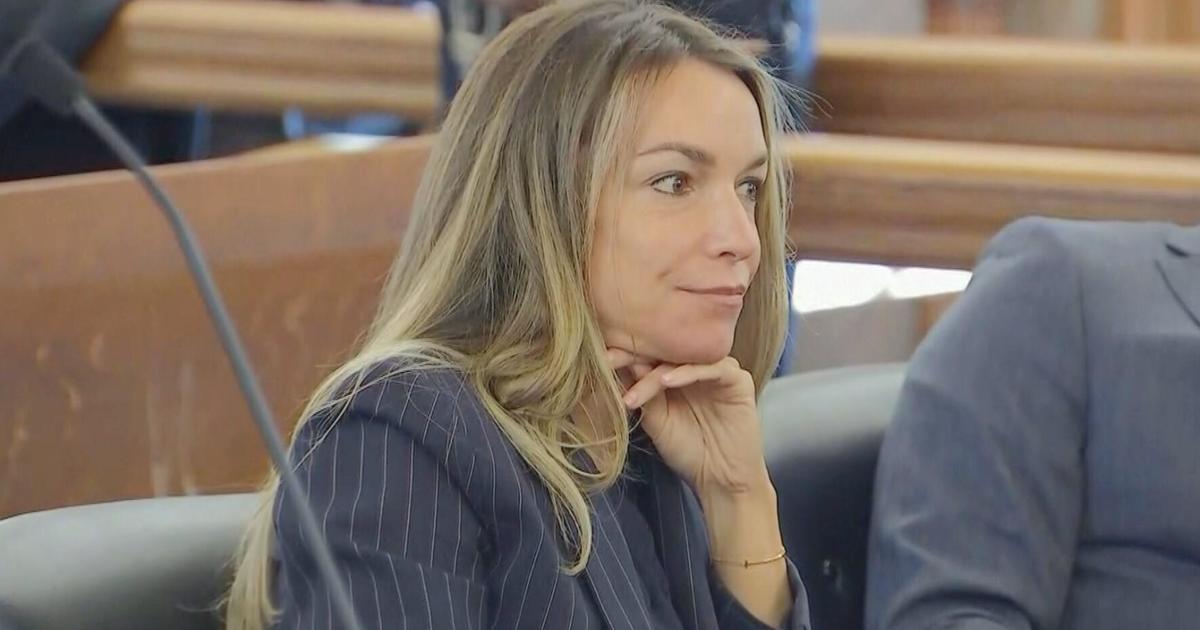'Collision Of 2 Crises': Organ Donations Up Due To Opioid Overdose Deaths
BURLINGTON (CBS) - Doctors at Lahey Hospital told Matt Higgins a new liver was his only option for survival as chronic liver disease ravaged the Seabrook, New Hampshire man's body.
"My energy levels, I was down to nothing. I could barely walk a 100 yards without having to stop. I was jaundiced, completely yellow," Higgins told WBZ-TV.
Related: Opioid Addiction Recovery Resources
When the call came that a liver transplant was available from a 24-year-old donor who had died from an opioid overdose, Higgins said, he did not hesitate. He immediately accepted it.
"Being as sick as I was, of course I said yes. I'll take anything that's going to increase my chances of living," Higgins said.
Higgins is the beneficiary of a striking trend in New England: a rise in the number of organ donations from opioid overdose victims.
New England Donor Services reports that the number of organ donors who died after a drug overdose has risen from roughly four-percent in 2010 to 27-percent in 2016.
"We are seeing the collision of these two crises, essentially. The public health crisis of the opioid epidemic together with the shortage of organs needed for transplant and it's had this unexpected positive legacy," said President and CEO of New England Donor Services, Alexandra Glazier.
Hospitals have also noticed the trend.
"The number of transplants in our program has gone up by a 100-percent in the past three years," said Dr. Frederic Gordon, Lahey Hospital's Vice Chair of the Division of Transplant.
Some of these organs, which are tested prior to transplant, may have been exposed to diseases like Hepatitis B, Hepatitis C, and HIV, which are more common in IV drug users. Gordon says many patients are willing to take the risk because, in many cases, there are drugs to treat patients if they become infected.
"The organs themselves are usually in good shape," Gordon said.
Higgins, a recovered opioid addict, says he is forever grateful to his donor.
"I have a second chance and not only am I grateful. My family is grateful. It's changed a lot of lives," Higgins said.
This is the fifth piece in a series of WBZ-TV reports on confronting the opioid crisis in Massachusetts.





